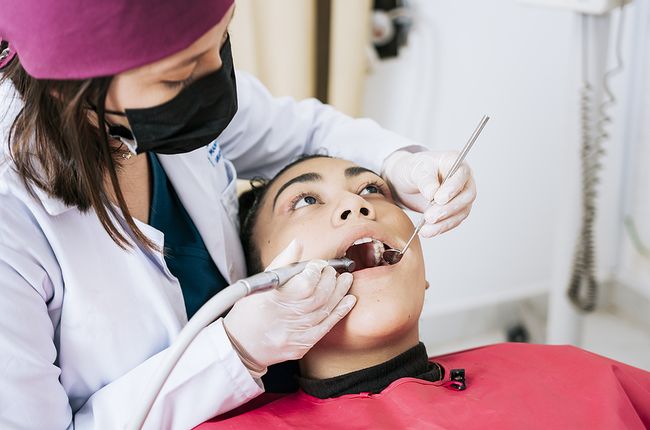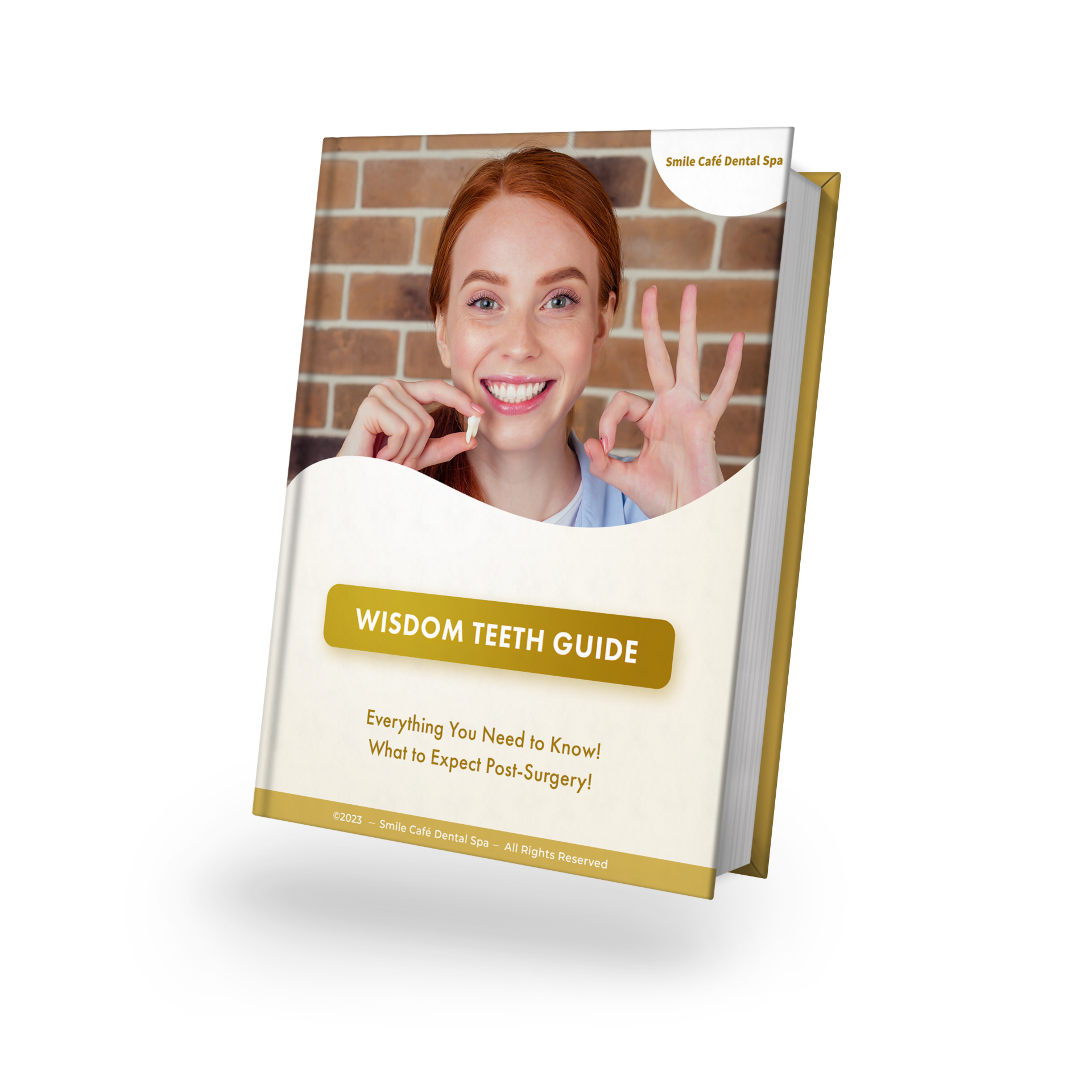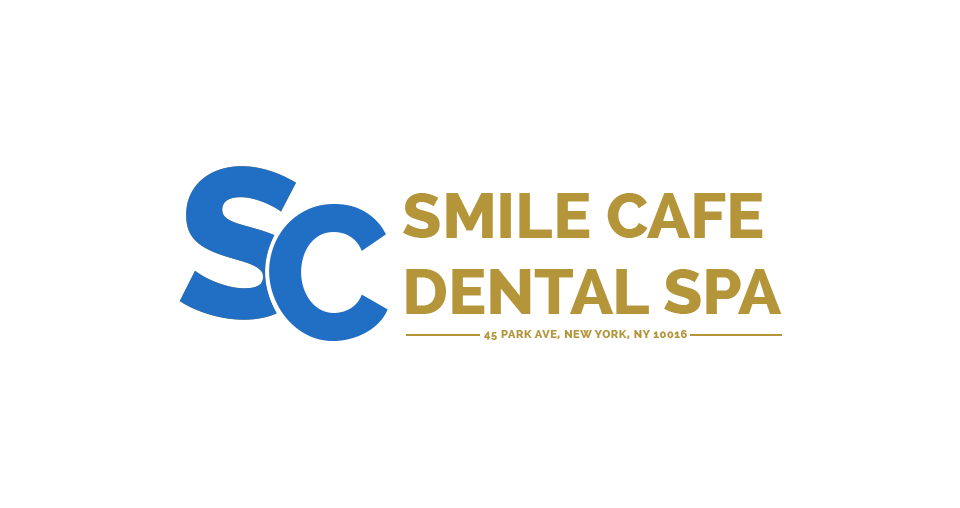Wisdom teeth are the third molars that grow at the back of our mouths. These teeth typically emerge between the ages of 17 and 25, although some people may not develop them at all. While wisdom teeth can be beneficial for chewing and grinding food, they often cause problems due to their position in the mouth.
One common issue associated with wisdom teeth is impaction - when a tooth does not fully emerge from the gums. This can result in pain, infection, and even damage to surrounding teeth. Additionally, wisdom teeth can also push other teeth out of alignment as they try to make space for themselves.
While some people may have enough room in their mouths to accommodate wisdom teeth without any issues, others require removal as a preventative measure against future complications. It's important to regularly visit your dentist, who will monitor your oral health and advise you on whether or not extraction is necessary.
Why are Wisdom Teeth Removed?
Wisdom teeth, also known as third molars, are the last set of teeth to emerge in the mouth. While some people may have enough space for their wisdom teeth to grow properly, many individuals experience complications that necessitate extraction.
One reason why wisdom teeth are removed is due to impaction. This happens when there isn't enough room in the jaw for them to fully emerge. As a result, they might become stuck beneath the gums or partially erupt, which can cause pain and discomfort.
Wisdom tooth removal may also be necessary if they're causing crowding or shifting of adjacent teeth. This can lead to misalignment and negatively affect your bite. Furthermore, impacted wisdom teeth can also increase your risk of developing gum disease or infections.
In rare instances, cysts or tumors may form around impacted wisdom teeth leading to damage in surrounding bone tissues and nerves, thus requiring surgical removal.
While not everyone needs their wisdom teeth removed, it's important that you visit a dentist regularly who will monitor their growth and advise you on whether extraction is necessary based on individual circumstances such as age, the position of the tooth amongst others.
How is Wisdom Tooth Removal Performed?
Wisdom tooth removal is a common dental procedure that involves the extraction of one or more wisdom teeth. The procedure is typically performed by an oral surgeon or a dentist with specialized training in surgery.
Before the procedure, the patient will be given anesthesia to numb the area around the tooth being removed. Depending on the case, local anesthesia might suffice, while general anesthesia may also be used for complex cases.
Once the patient is fully anesthetized, the oral surgeon will make an incision in the gums to access and remove any bone blocking access to impacted wisdom teeth. They then gently loosen and extract each tooth from its socket using forceps.
The length of time it takes for this process depends on how many teeth need to be removed and how difficult they are to reach. Once all desired teeth have been extracted, sutures may be placed in order to promote healing over time.
Aftercare instructions will vary depending on individual circumstances but generally involve taking pain medication as needed and following specific restrictions like avoiding certain foods or activities during recovery.
Wisdom tooth removal can seem intimidating at first, but it's important not to put off necessary procedures out of fear – your dental health should always come first!
Conclusion
Wisdom tooth removal is a common dental procedure that may be necessary for many individuals. Wisdom teeth can cause pain and discomfort if they do not grow properly or become impacted, which is why it's important to have regular check-ups with your dentist.
If you are experiencing any symptoms related to your wisdom teeth, such as pain, swelling, or difficulty opening your mouth fully, it's crucial to consult with a dental professional who can determine the best course of action for you.
While the thought of undergoing surgery may seem daunting, rest assured that wisdom tooth removal is a routine procedure that thousands of people undergo every year. With proper care and attention before and after the surgery, you can ensure a smooth recovery and get back to living life without any oral health issues holding you back.
For the best dental care tailored to your needs, visit Smile Cafe at 45 Park Ave, Professional Unit 1 in New York, NY, 10016, or call (212) 779-3494.




















